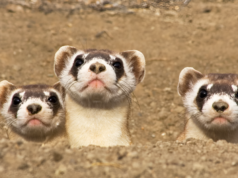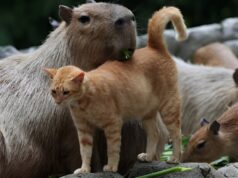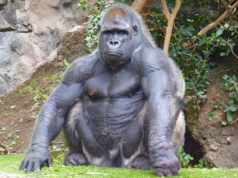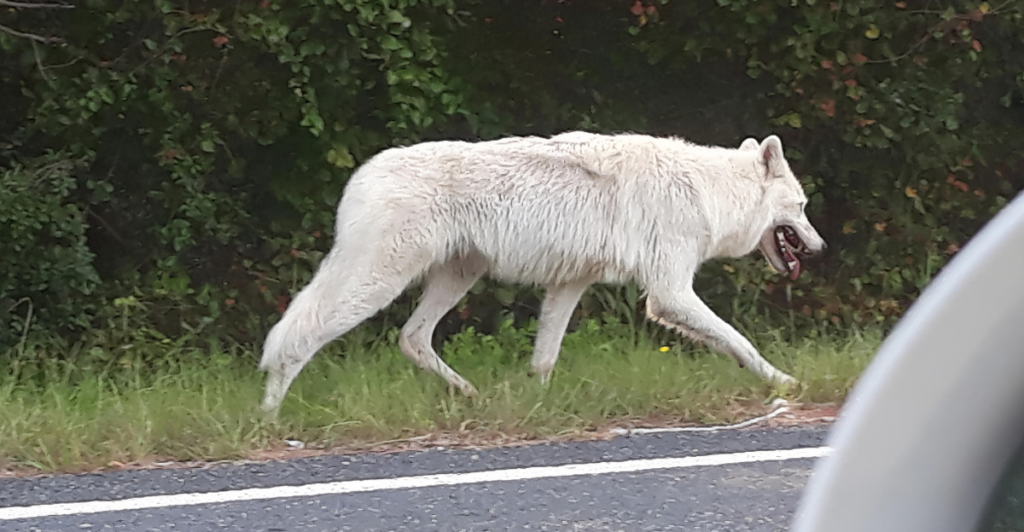
Imagine sipping your morning coffee, glancing out the window, and spotting a wolf trotting down your street. Well, guess what? Predators are making a comeback in places we’d never expect, and it’s not just in remote forests anymore.
The Unexpected Return
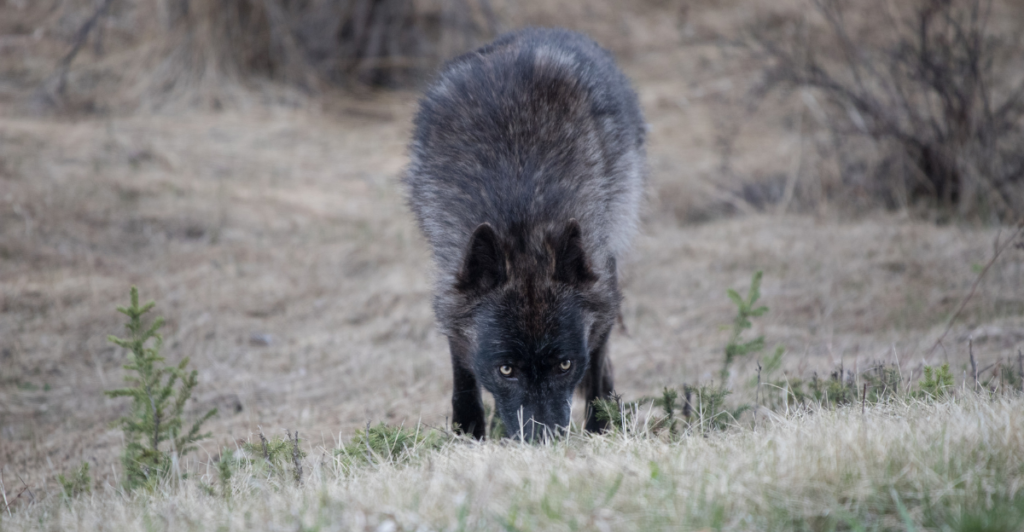
Over the past few years, sightings of wolves, coyotes, and even bears have surged in urban and suburban areas. In a shocking turn of events, wild animals are reclaiming spaces they once avoided. But what’s driving this wild return?
Habitat Loss
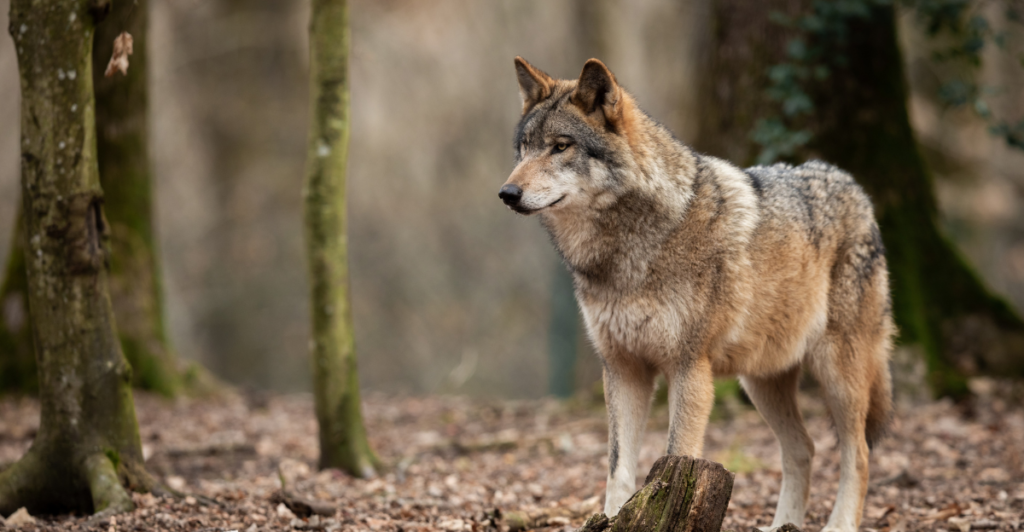
As cities expand, natural habitats shrink, leaving predators with fewer places to roam. With their homes disappearing, these animals venture into human territories, searching for new habitats and food sources. It’s a survival move, plain and simple.
The Urban Buffet
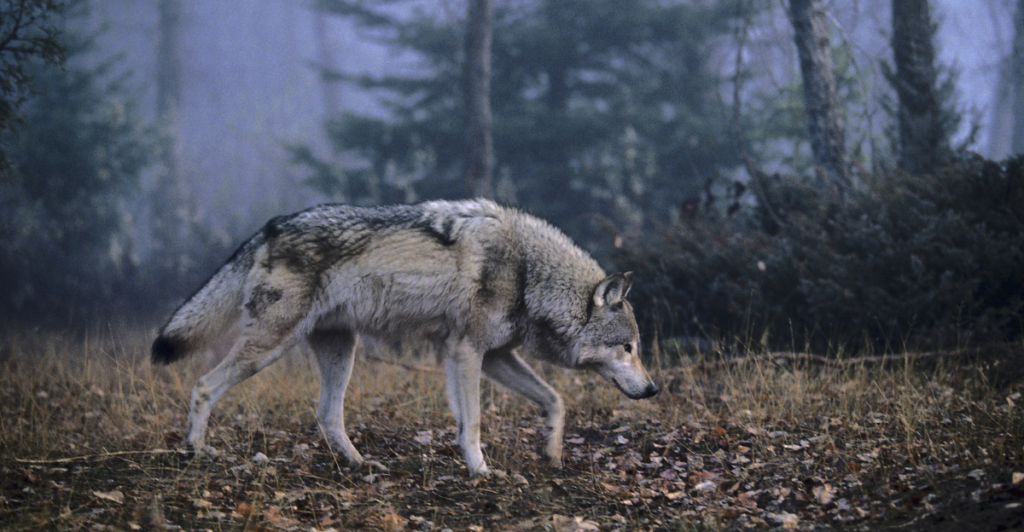
Urban areas offer a variety of options for opportunistic predators. Overflowing trash bins, pet food left outside, and even small pets become easy targets. Why hunt in the wild when dinner is served curbside? It’s the ultimate convenience for these adaptable creatures.
Thriving in the Concrete Jungle
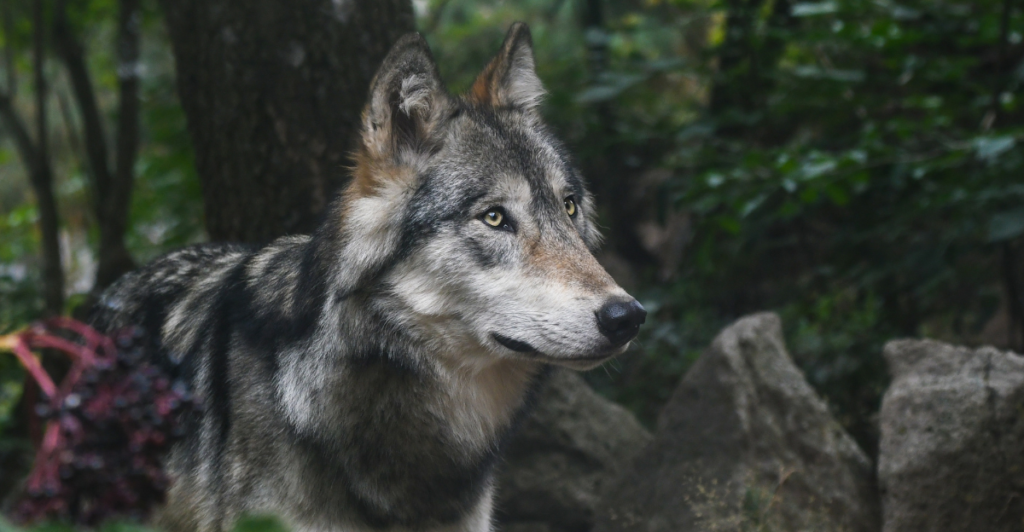
Predators like coyotes and foxes have shown remarkable adaptability. They’ve learned to navigate traffic, utilize green spaces, and even adjust their hunting schedules to avoid humans. Talk about street smarts.
Conservation Successes
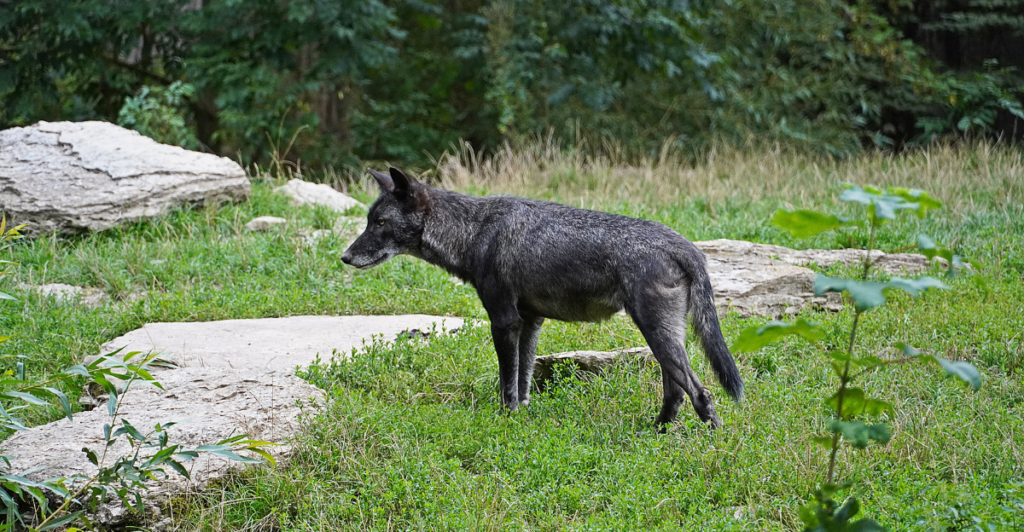
Efforts to protect and reintroduce predator populations have been fruitful. However, as these populations rebound, their territories expand, sometimes overlapping with human development. It’s a win for conservation but poses new challenges for coexistence.
Climate Change

Changing climates alter prey availability and habitat conditions, pushing predators into new areas. Warmer winters and altered ecosystems mean predators must adapt, often bringing them closer to human settlements.
Human Reactions
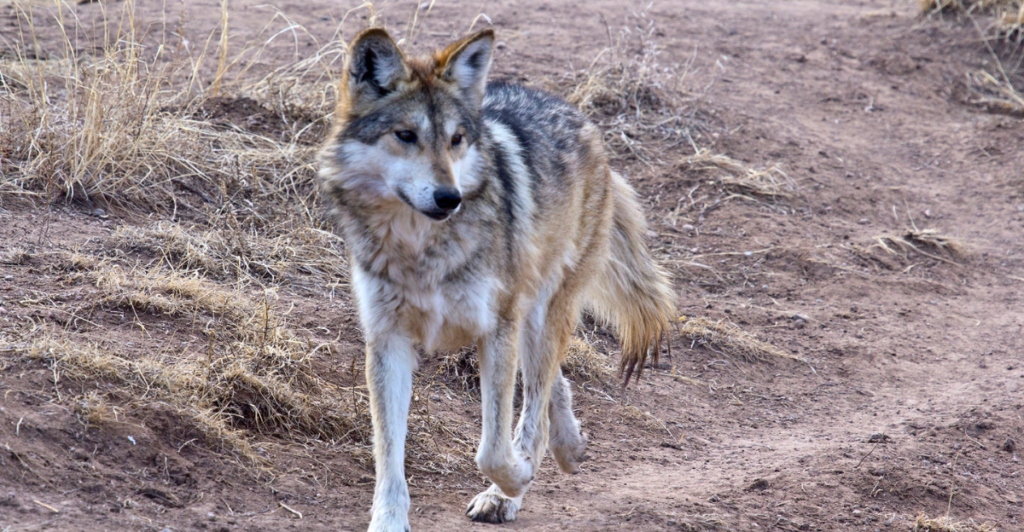
The return of predators elicits mixed feelings. Some people are thrilled to see wildlife up close, while others fear potential dangers. Balancing appreciation with caution becomes crucial as these encounters increase.
Risks and Challenges
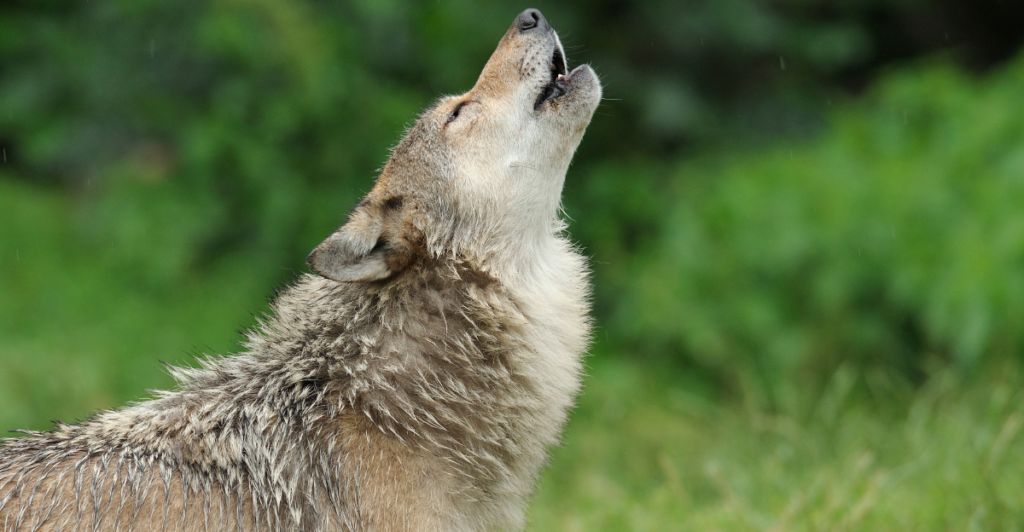
While most predators avoid humans, conflicts can arise, especially when animals become naturalized to urban environments. Protecting pets, securing food sources, and educating communities are vital steps in reducing negative interactions.
Success Stories
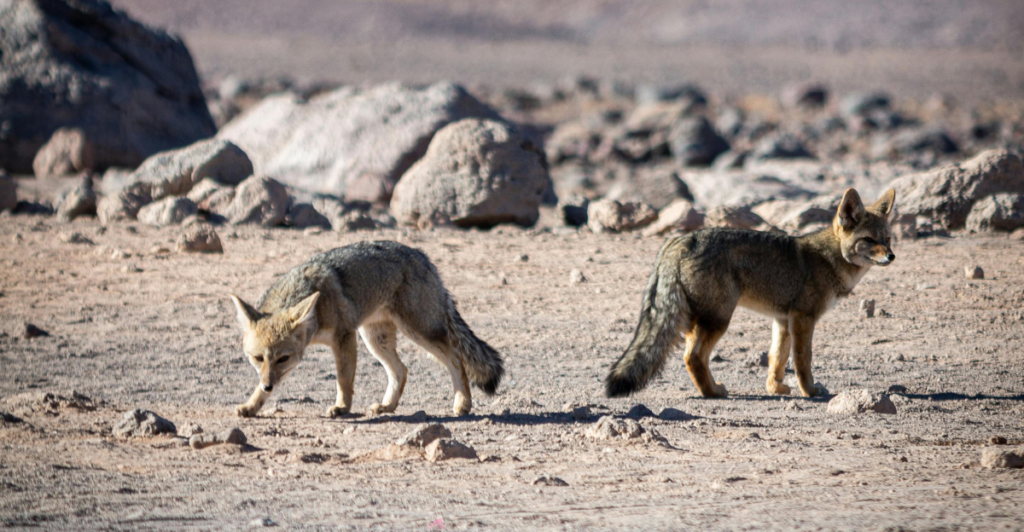
Cities like Chicago have implemented programs to monitor and manage urban coyotes, leading to a relatively peaceful coexistence. These initiatives focus on research, public education, and non-lethal management strategies.
The Role of Technology
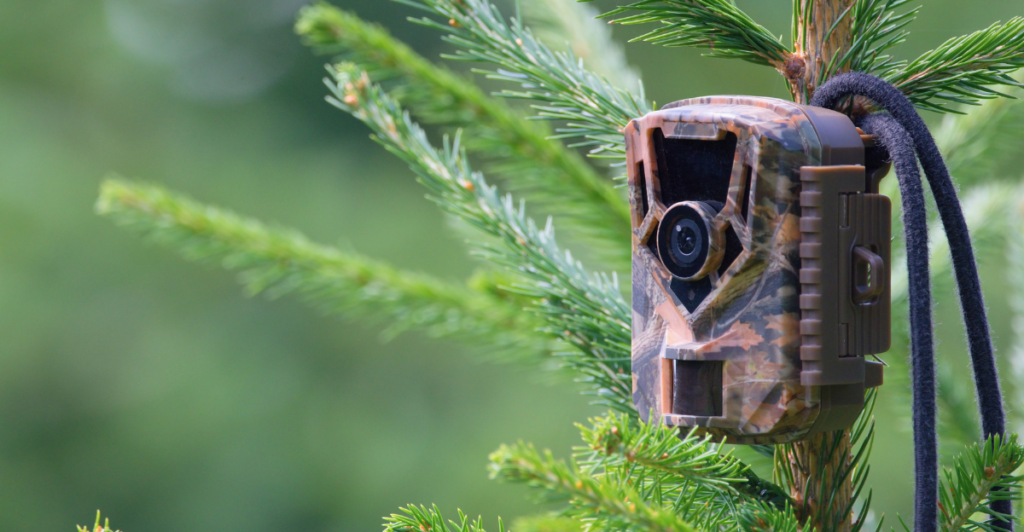
Advancements in tracking technology allow researchers to monitor predator movements in urban areas. This data helps in understanding behaviors, planning urban development, and creating strategies to minimize conflicts.
Looking Ahead
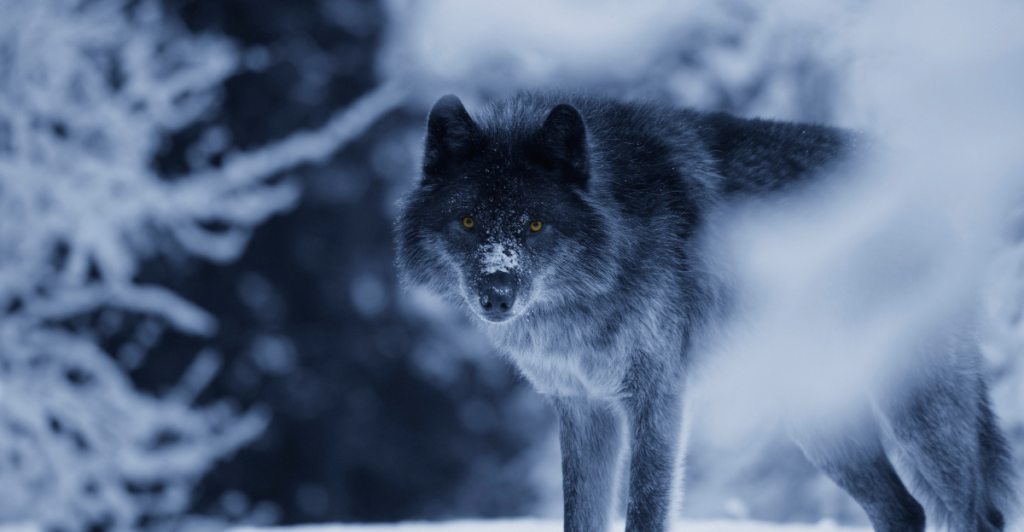
As urbanization continues, the trend of predators entering human spaces is likely to grow. Proactive planning, community engagement, and adaptive management will be key in fostering a safe and respectful coexistence.
Embracing the Wild Next Door
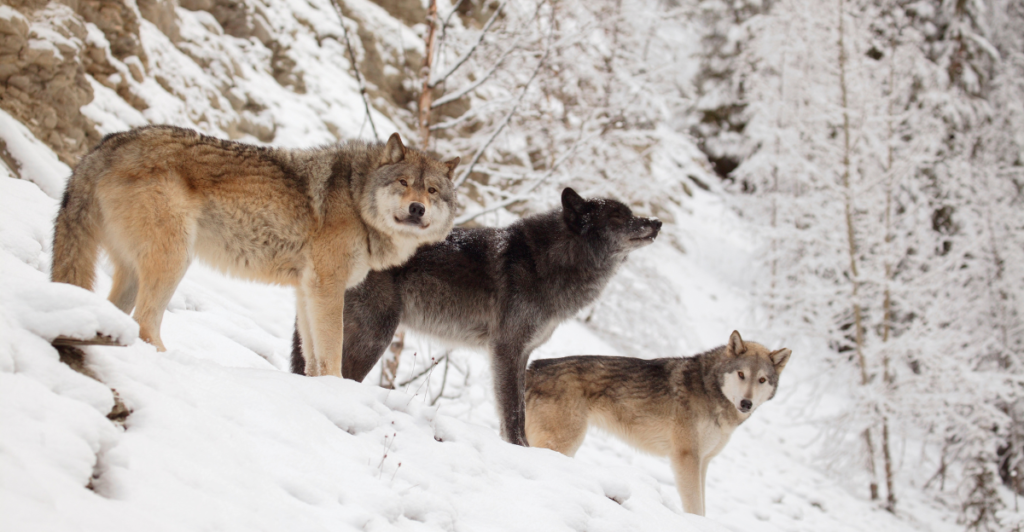
The resurgence of predators in unexpected places reminds us of nature’s resilience. By understanding the factors driving this return and implementing thoughtful strategies, we can coexist with these magnificent creatures, enriching our urban landscapes with a touch of the wild.
Discover more of our trending stories and follow us to keep them appearing in your feed

California Is Breaking Apart: A Fault Line Is Forming Faster Than Anyone Predicted
Philanthropist Promises To Cover $771.23M Annually After US Exit From Climate Accords
The War on Cows Is Over—And Green Extremists Have Lost
After 800 Years of Silence, This American Volcano Shows Signs of Activity
References:
Reference 1
Reference 2
Reference 3
This article first appeared here
Stay connected with us for more stories like this! Follow us to get the latest updates or hit the Follow button at the top of this article, and let us know what you think by leaving your feedback below. We’d love to hear from you!


